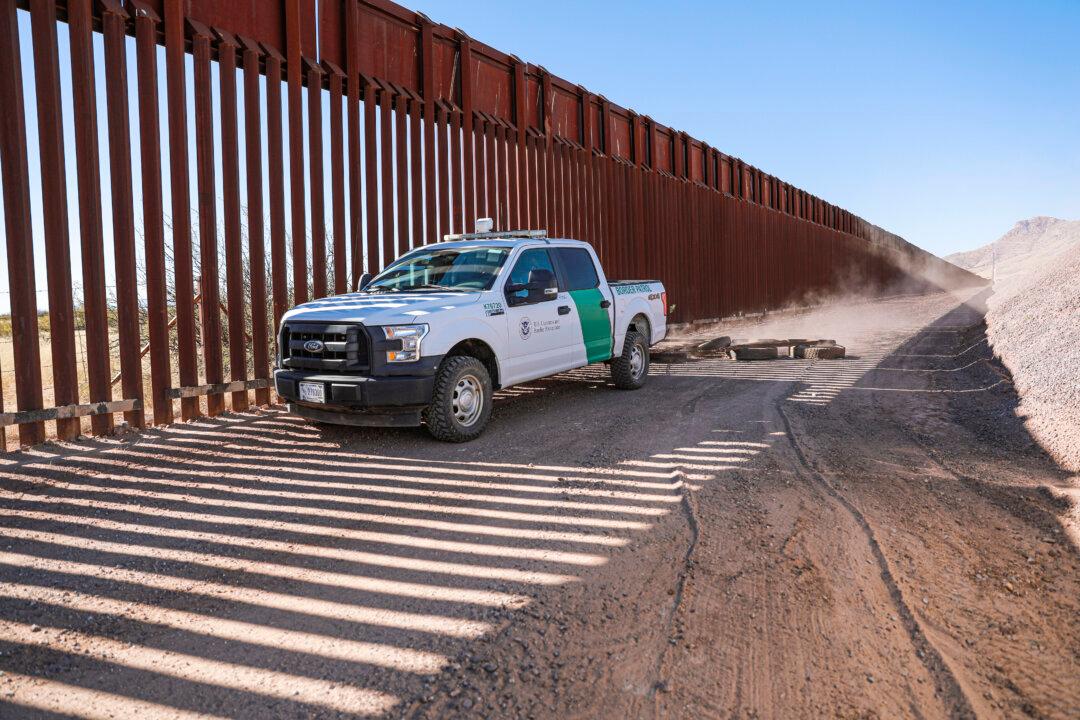Arizona House Republicans called for securing the southern border in an official legislative proclamation, sponsored by state Rep. Gail Griffin and signed by all 31 members of the Republican majority caucus.
The proclamation (pdf), published on May 25, condemned the continued breach of the border, expressed support for safe communities, and endorsed “immediate, decisive action to secure the border and alleviate the security and humanitarian crises which are associated with illegal immigration.”





